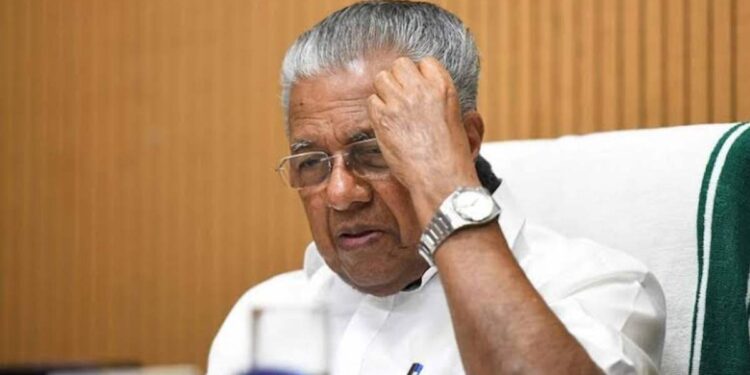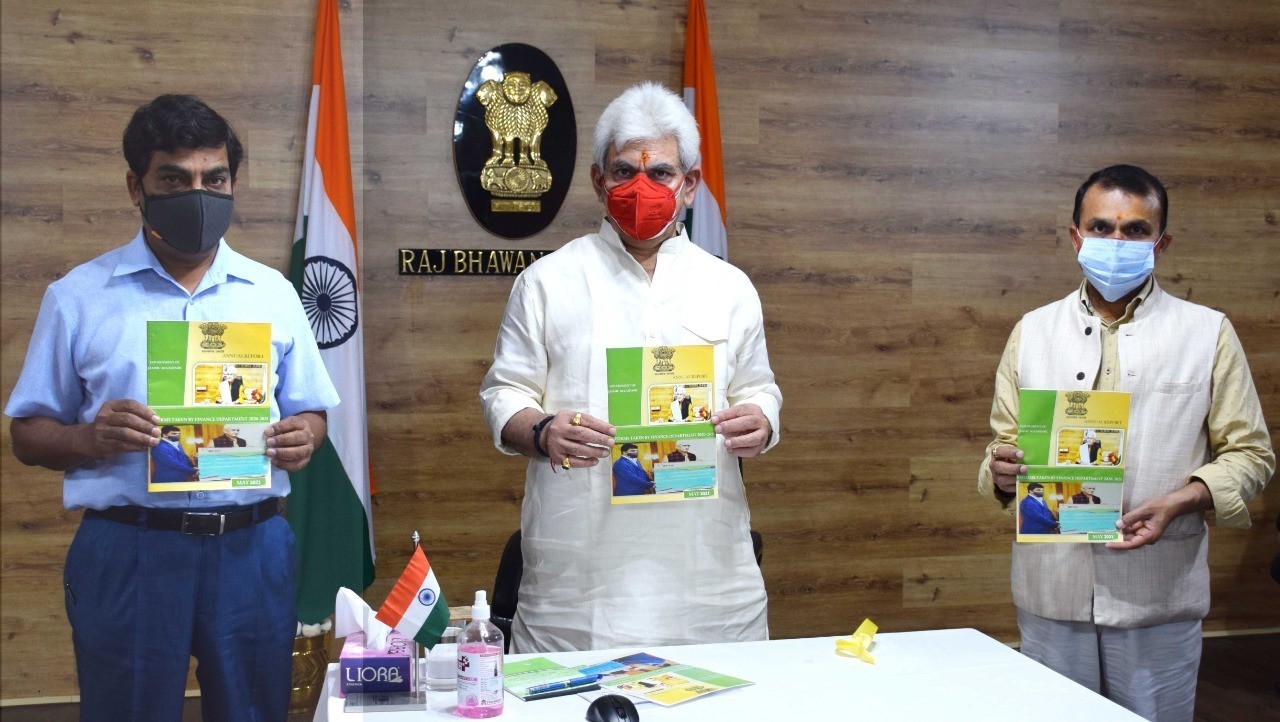Srinagar, April 17: Kerala Chief Minister Pinarayi Vijayan has sparked a fresh constitutional debate by labeling the Waqf Amendment Bill a “violation of Article 26 and India’s federal structure.” His comments have added to the growing concerns of regional leaders, who argue that the Bill centralizes control over Waqf properties, undermining both religious autonomy and federalism.
A.S. Dulat’s Book Bombshell: Praise, Contradictions, and Farooq’s Denial
What is the Waqf Amendment Bill?
The Waqf Amendment Bill seeks to bring Waqf properties—religious or charitable assets primarily used by the Muslim community—under greater central government oversight. This would limit the authority of state Waqf boards in managing these properties, a move that has raised alarms over potential encroachments on religious freedoms.
Article 26: Religious Freedom at Risk?
Under Article 26 of the Indian Constitution, religious denominations have the right to manage their affairs independently. Critics argue that the Waqf Amendment Bill undermines this autonomy by allowing the Centre to control and supervise religious institutions. “This move violates the core constitutional right of religious denominations to administer their properties,” said constitutional expert Faizan Mustafa.
Article 27: Financial Independence Concerns
Article 27 of the Constitution prohibits the use of government funds to promote or maintain any religion. While Waqf boards are funded by donations, critics worry that increased central control could result in indirect government involvement, challenging the spirit of Article 27.
Federalism Under Pressure
The Bill has become a flashpoint for regional parties, especially in states like Kerala, Tamil Nadu, and West Bengal. Vijayan emphasized that the Bill “disrespects the spirit of cooperative federalism,” accusing the Centre of hijacking state-controlled religious institutions.
Political Reactions
In Jammu and Kashmir, opposition leaders are echoing similar concerns. PDP leader Waheed ur Rehman Parra remarked that the National Conference had failed to take action on the Waqf Amendment Bill despite vocal opposition before their election, calling the government’s silence a betrayal of its earlier stance.
Cyber Police Conduct Raids in Srinagar, Ganderbal
As the debate heats up across the country, the Waqf Amendment Bill remains a contentious issue, with critics questioning whether it infringes on the constitutional rights of both religious institutions and states.
















